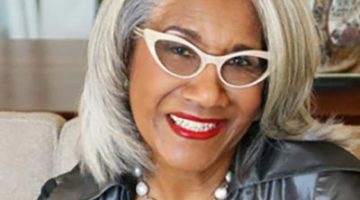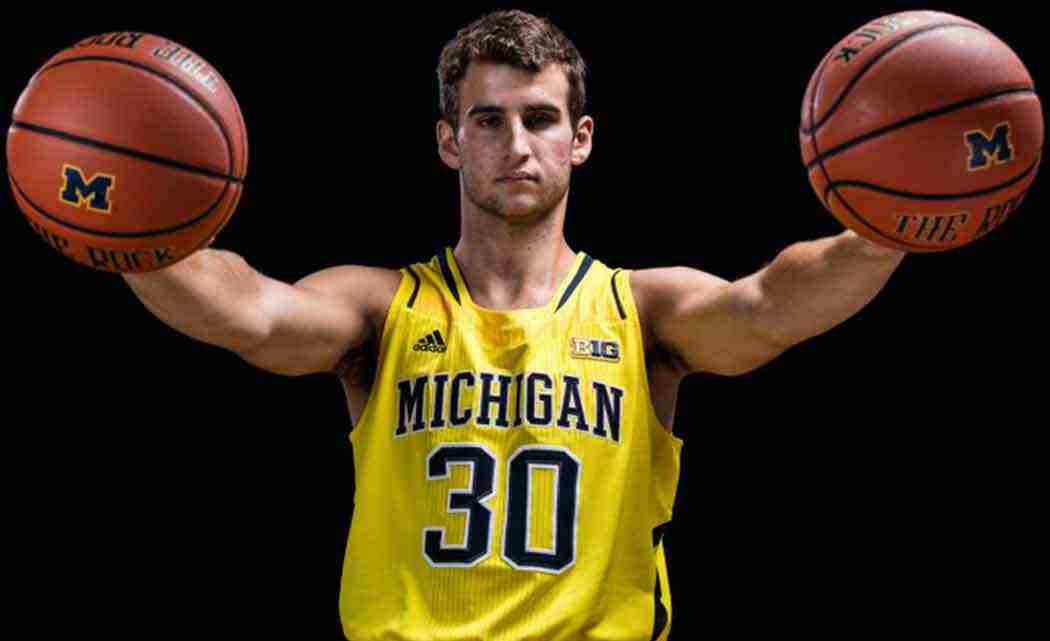ANN ARBOR, Mich. (AP) _ The highlights from Austin Hatch’s first season at Michigan still resonate, even as he gives up his playing role on the basketball team.
“First free throw is obviously a memory, versus Coppin State,” he said. “Those are the memories I’ll have for the rest of my life _ scoring, scoring in Crisler Center, representing the University of Michigan. That’s something I’ll never forget.”
Hatch, a survivor of two deadly airplane crashes whose story inspired fans all over college basketball, will no longer be an active player for the Wolverines. Michigan coach John Beilein announced Monday the Big Ten approved a medical exemption waiver that will allow Hatch keep his scholarship and serve as an undergraduate student assistant.
“He’ll be practicing with us on a limited time, maybe reduced to about half the amount of time,” Beilein said. “Every benefit that our current players get right now, he will get. … His locker, tutoring services, summer school, everything in that regard is exactly the same.”
Hatch spent eight weeks in a coma with a brain injury after a 2011 crash that killed his father and stepmother. The single-engine Beechcraft A36 Bonanza flew into a garage near Charlevoix Municipal Airport in northern Michigan, about 10 days after Hatch verbally committed to play for Michigan.
A 2003 crash killed his mother, brother and sister. His father, Dr. Stephen Hatch, was the pilot both times.
Hatch, a 6-foot-6 guard, played a total of 5 minutes over five games as a freshman last season. He attempted two 3-point shots and scored his only point on a Dec. 22, a free throw against Coppin State.
“To be completely honest, I didn’t know how it was going to be coming here,” Hatch said. “Obviously my role on the court is limited, but all my teammates have really embraced me, and they appreciate all that I can contribute to the team, in whatever capacity that is.”
Hatch’s physical recovery is ongoing. His playing time was limited last season, and he wasn’t able to participate fully in practice. Beilein said the change in Hatch’s status going forward should free up time for him to focus on academics. The Michigan coach said he realized in the middle of last season Hatch’s busy schedule might need some adjusting.
“I said, `Something’s got to give here,”’ Beilein said. “It began to dawn maybe in January, February that we really had to look at this. I think it was really important for him, his goal to get back on the floor again and be in a Michigan uniform, got him to this point. Now I think we have to be realistic _ what gets him to the next point of being a doctor or being a lawyer, having a successful education?”
Hatch grew up in Fort Wayne, Indiana, but went to live with his uncle in California in 2013.
“My goal is not to be normal. I don’t want to be average. I think if you set the goal of being average, you more than likely are probably going to end up being average,” Hatch said. “I don’t want to be a quote-unquote regular college kid. Obviously, being a student-athlete is a tremendous responsibility, a tremendous opportunity as well, and I feel very blessed to be in a position to represent Michigan, whether it be on the court, in the classroom, in the locker room, whatever it may be.
“I think I can contribute to this program.”












No Comment